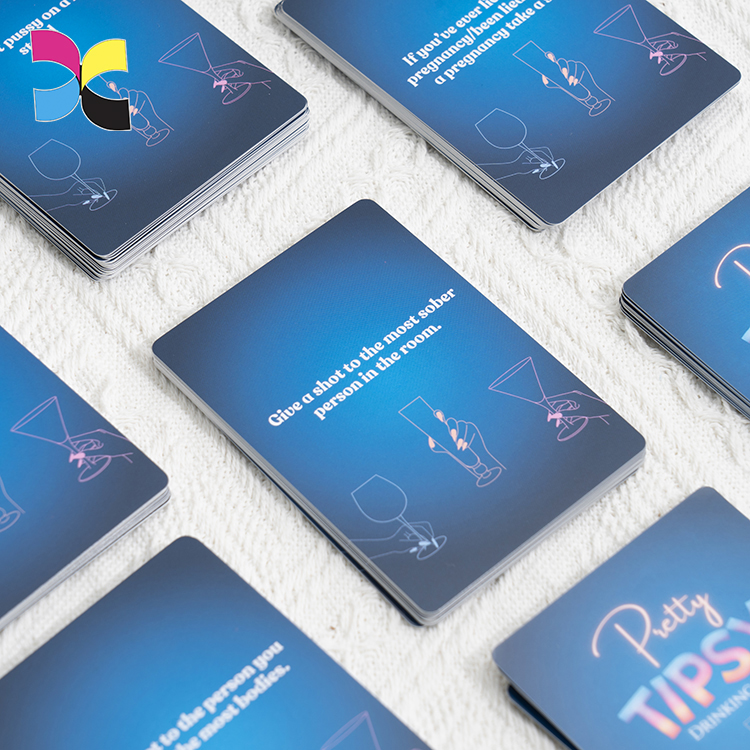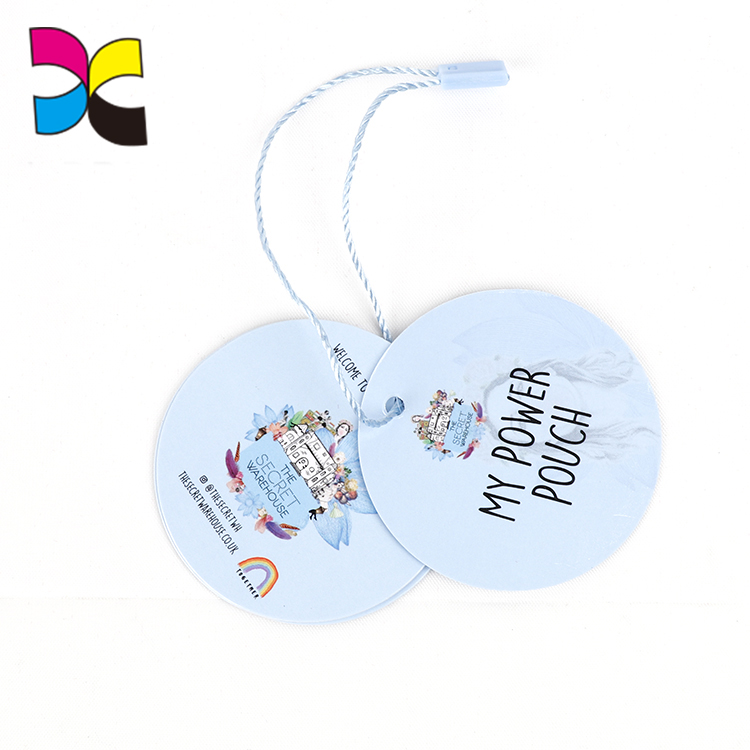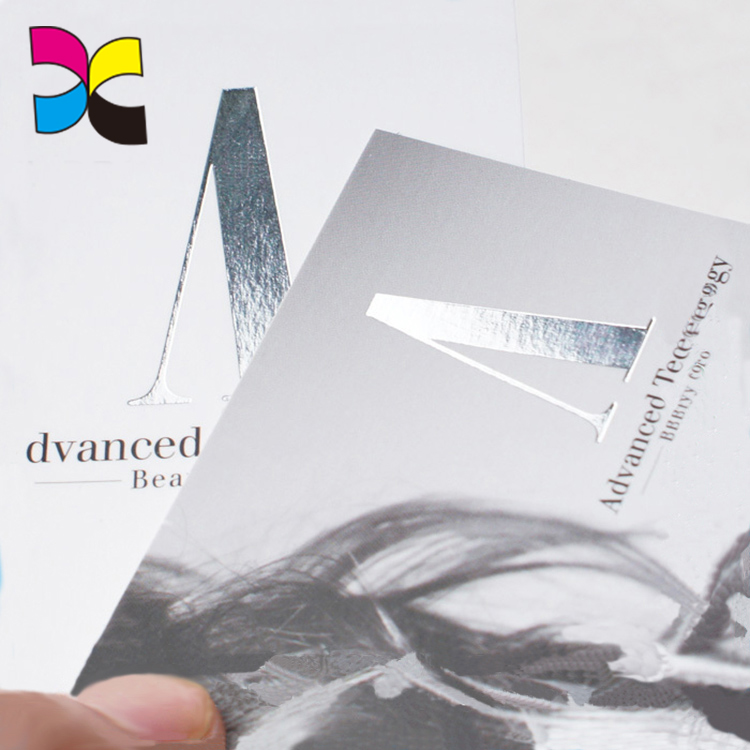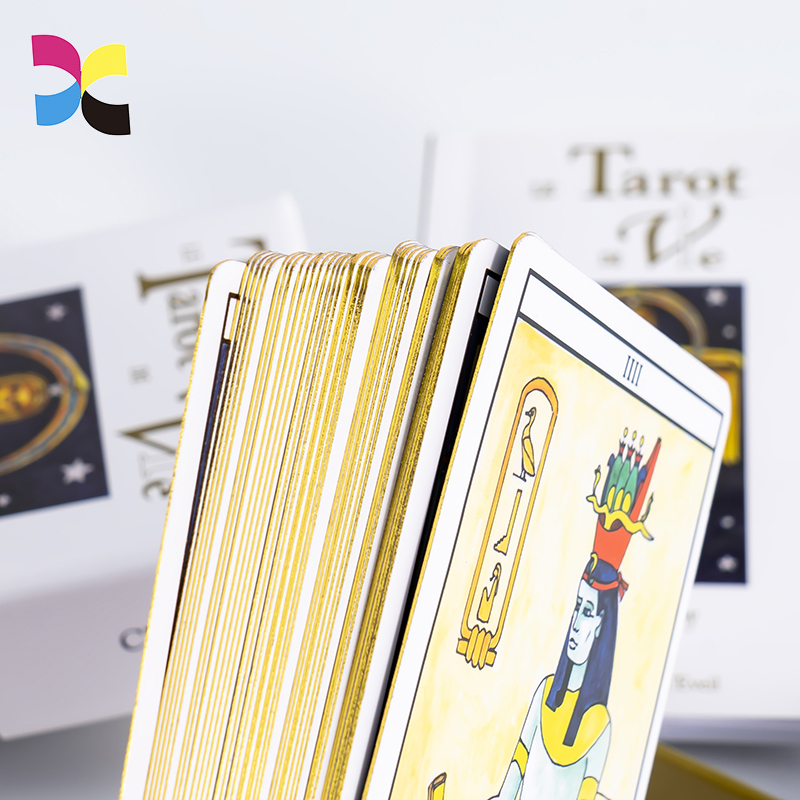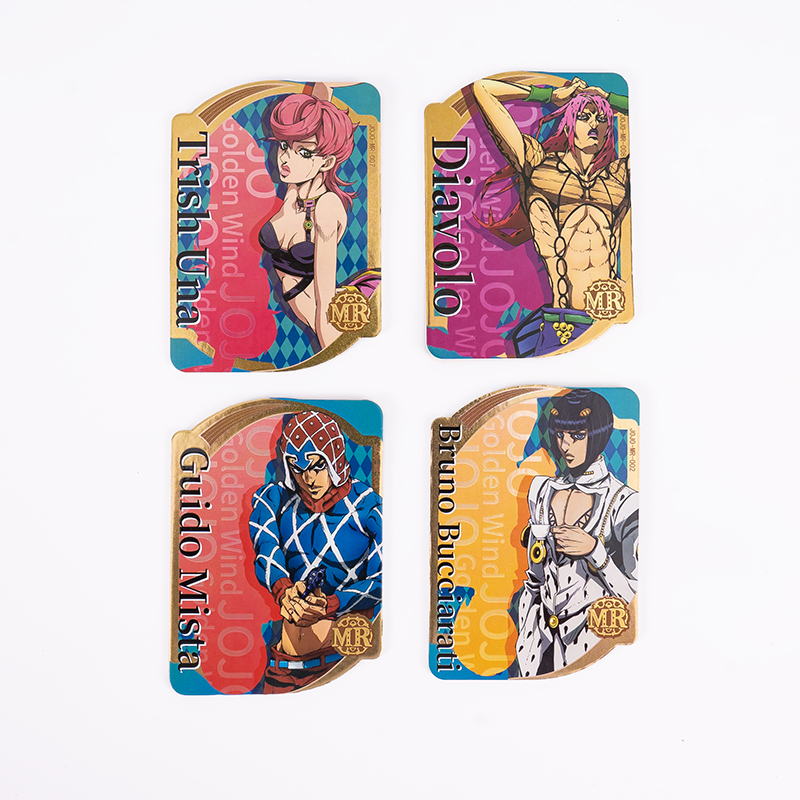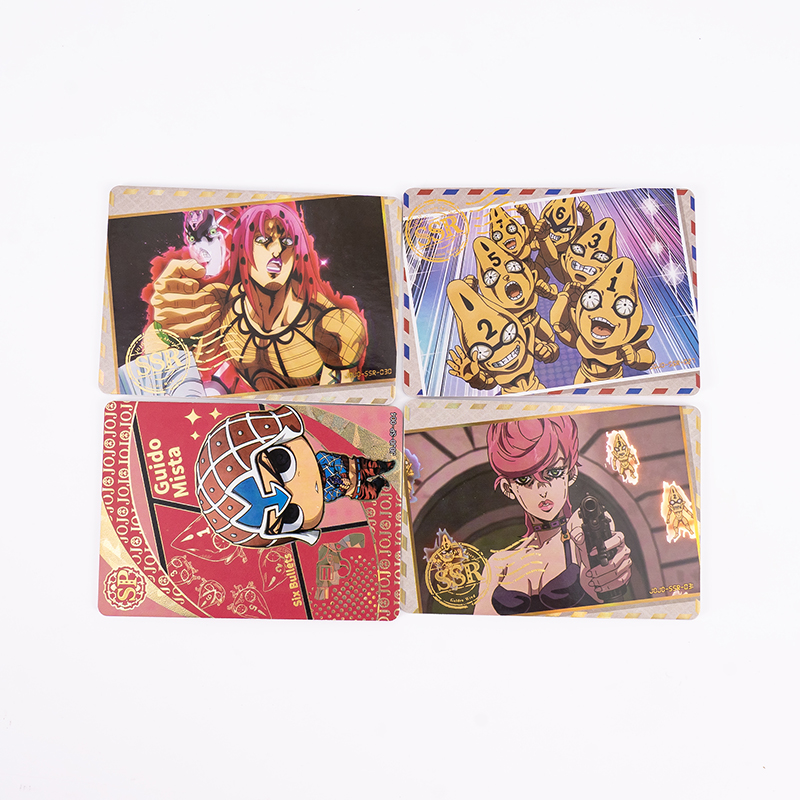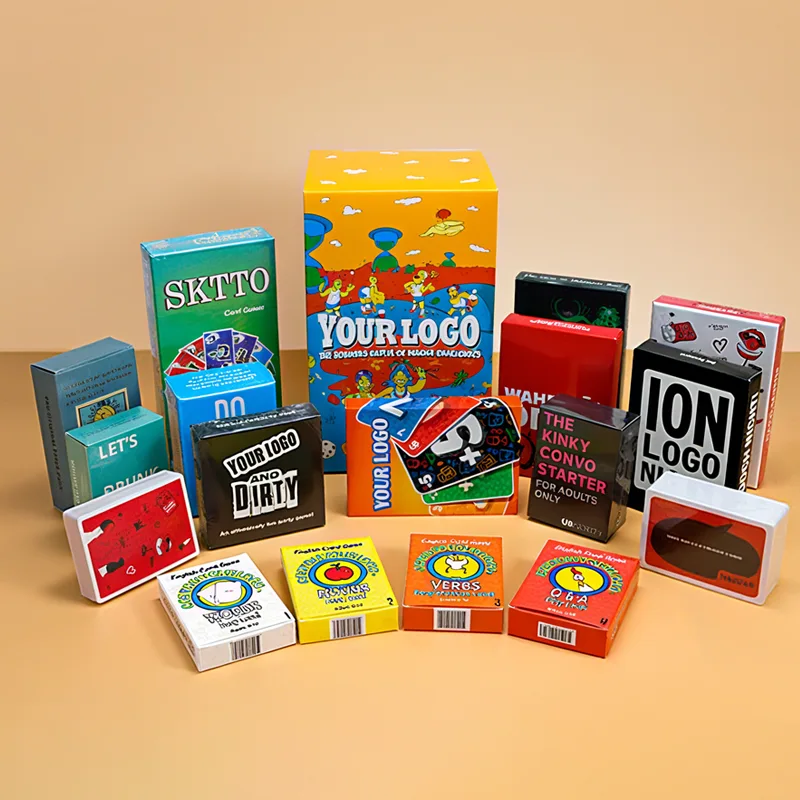Why Create Your Own Card Game?
Card games have an undeniable charm, with many exciting variations like tabletop games, playing cards, tarot cards, and other collectible or game cards. Each party or gathering has its own set of unique cards. For family gatherings, card games are a great way to enhance the atmosphere of harmony and closeness, adding joy to those weekend moments together.
Tabletop games, unlike traditional playing cards, offer more complex and immersive content, often with fun accessories. Take, for example, the popular Bingo game or the classic and widely-loved Monopoly. Nowadays, there are also party-friendly games like drinking cards, designed for a fun night out, and affirmation cards, which are perfect for lifting the spirits of those feeling a little down. These cards can sit on a worker’s desk or your personal study table, offering a daily dose of positive energy – a simple yet effective form of mental nourishment.
Have an idea for your own card game? Don’t wait – bring it to life! We’re here to help you with everything from die-line designs, printing materials, to printing techniques. Let’s make your game a reality!
Board Game And Playing Cards Market Summary
According to Grand View Research forecast,the global playing cards and board games market size will be projected to reach USD 31.93 billion by 2030, growing at a CAGR of 8.3% from 2025 to 2030.
“The current situation of the card and board games market is dynamic and growing. The market has seen a steady increase in revenue over the past few years, driven by various factors. The popularity of social board games has been a significant driver, as more people are engaging in these activities for entertainment and social interaction. Additionally, rising incomes and increased leisure time have contributed to the growth, allowing consumers to allocate more resources to purchasing card and board games.”
In addition to board games, there’s a growing market for cards of one kind or another.
With the growing trend of IP fandom and the increasing passion for collectibles, the trading card market has exploded in popularity. By 2025, the trading card game market is estimated to reach a staggering $7.51 billion, and by 2030, it’s expected to soar to $10.98 billion, with a compound annual growth rate of 7.91% from 2025 to 2030. Fans of anime character IPs are particularly driving this surge, eagerly snapping up character merchandise. There’s an old Chinese saying: “Things are valued by their rarity,” and this sentiment rings true for collectors willing to pay top dollar just to own a rare card.
The scarcity effect in psychology explains that people are more likely to desire something that is hard to get than something that is easily accessible. This was especially clear with the recent popularity of limited-edition items like Labbubu, where the sense of rarity drove consumers into a frenzy — “If I don’t buy it now, I might never get it again!”
At the same time, emotional consumption plays a huge role in modern consumer behavior. Many buyers aren’t just purchasing products for their function; they are driven by the emotional connections, memories, or nostalgia these items evoke. And for sports-themed collections, the excitement of live events is turned into an intense desire for the cards that capture that thrill. It’s not just a game — it’s a piece of the action, forever immortalized in a card!
Let’s talk about how you can design and print out your card designs and make them happen.
7 steps to print a custom card game deck
Printing custom card games of your own design is actually easier than you think. Whether you’re creating a tabletop strategy game or a collectible card set, here are 7 key steps to bring your ideas to life efficiently, professionally, and sustainably. From concept to eco-friendly printing, this guide covers everything you need to know to turn a card game into a truly playable product.
Step 1: Define Your Game Concept & Mechanics
Before printing, clarify your game’s purpose—strategy, party, educational, or collectible. Determine player count, win conditions, card types, and deck structure. A clear foundation helps streamline design and production.
Step 2: Create Artwork & Card Layouts
Design your cards using professional software like Adobe Illustrator or Canva Pro. Include elements like illustrations, icons, text areas, and borders.
Follow standard bleed and safe zone guidelines for print accuracy.
There are many process options for card surface printing, hot stamping, embossing, embossing, UV and so on.
Step 3: Choose Eco-Friendly Materials
Select paper and packaging options that minimize environmental impact:
FSC-certified cardstock
Recycled or uncoated papers
Coffee grounds or bamboo fiber paper (optional for special editions)
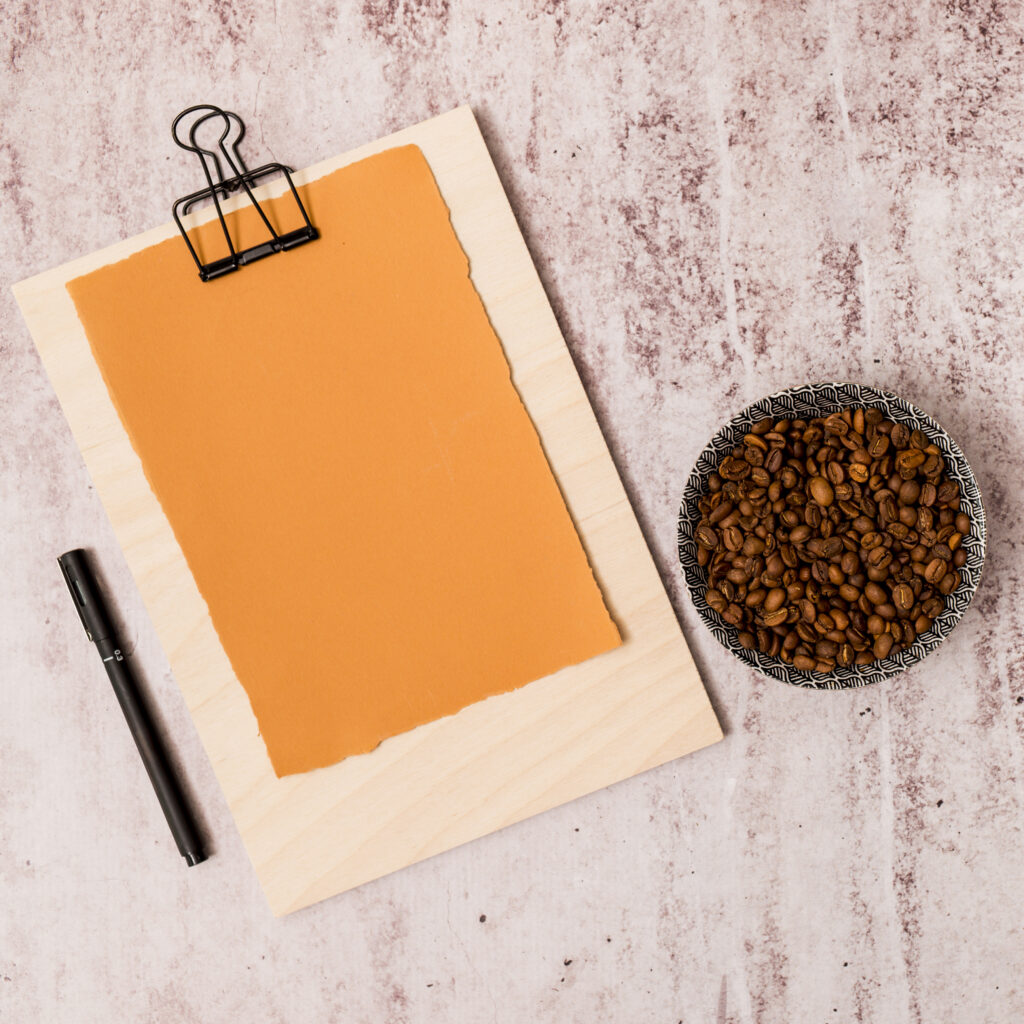
Step 4: Select Safe & Sustainable Printing Options
Work with a printing partner that uses:
Soy-based inks instead of petroleum-based (safe for kids, biodegradable)
Water-based varnishes for coating
Low-VOC production processes
Optional: carbon-neutral or solar-powered printing
Step 5: Finalize Packaging Design
Design custom packaging such as tuck boxes, magnetic boxes, or rigid boxes、lid and base box. Keep in mind:
- Use recyclable or compostable materials
- Avoid unnecessary plastic wrapping
- Opt for minimalistic inserts to reduce waste
Step 6: Order a Physical Proof or Sample Deck
Before full production, request a printed sample. Check:
- Color accuracy
- Cutting precision
- Card texture and handling
- Box fit and finishing
Step 7: Go into Production with a Trusted Partner
Choose a manufacturer experienced in custom card game printing and sustainability practices. Confirm:
- MOQs (Minimum Order Quantities)
- Turnaround time
- Shipping methods (preferably bulk, sea freight for lower emissions)
- Certificates (FSC, RoHS, etc.)
Choosing the Recycled and Responsible Materials
Eco-friendly papers, such as FSC-certified papers, recycled papers, and even innovative papers such as coffee grounds paper, are receiving a great deal of attention in the printing and packaging industry. These materials not only reduce the impact on the environment, but also promote sustainability in the production process. SUNY Printing is already working on new coffee grounds paper sample notebooks and board game cards, which are expected to be brought to the German Board Game Show in Europe in October 2025, when they are welcome to exhibit! FSC certified paper from responsibly managed forests ensures that the raw materials used in paper production are renewable and environmentally friendly. Recycled paper plays a vital role in reducing waste and conserving natural resources by reusing paper products that would otherwise end up in landfills. Meanwhile, coffee grounds paper is a more innovative and sustainable option, made from a by-product of coffee production, demonstrating how waste can be turned into a valuable resource.
Eco-Friendly Printing Methods that Make a Difference
One of the most important printing materials in printing, soy ink, is non-toxic, biodegradable and safer for children
Secondly, the cards are made with Water-based coatings (water-based coatings), which prevents scratches, abrasion and fading, and enhances the ability to resist stains, humidity, and fingerprints
It can extend the service life and improve the durability when applied to products such as cards, book covers, and packaging boxes. In addition, water-based coating uses water as solvent and does not contain harmful volatile organic compounds (VOCs).
Non-toxic and odorless, suitable for children’s products and food packaging, easy to recycle and decompose, and does not pollute the environment.
Compared with the traditional oil-based coatings, water-based coatings are more environmentally friendly, and it is the recommended choice for green printing.
XINYI also has state-of-the-art printing equipment, such as Heidelberg 6-color machine, and the printing process is based on low VOCs.
Packaging Your Game Sustainably
Partnering with an Eco-Friendly Printing Company
XINYI is an Eco-Conscious Printing Company.Our production meets the environmental certification.
Your Green Game, Ready to Play
Creating your own card game has never been more exciting, especially when you incorporate sustainable materials and eco-friendly practices. Whether you’re designing a board game, collectible cards, or even a fun party game, it’s easier than ever to create your own card game with environmentally conscious choices. Start by selecting recycled paper or soy-based inks for printing, ensuring that your cards are not only fun to play but also kind to the planet. Using low-VOC printing processes can further reduce harmful emissions, making your game both safe and sustainable. As more consumers seek out green products, choosing to create your own card game with eco-friendly materials can help you stand out in the market and appeal to environmentally-conscious players. So why not combine creativity with sustainability and bring your card game vision to life while protecting the environment?
“Let’s take action with XINYI!”

